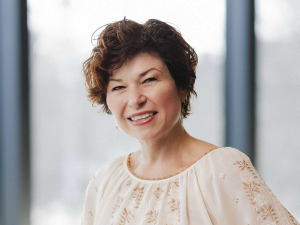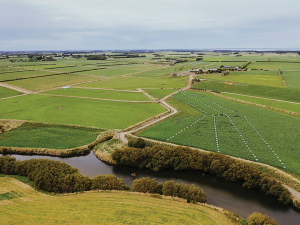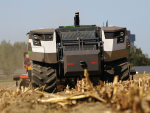Massey Professor Paul Kenyon on the university's new Bachelor of Animal Science.
Massey University introduced its new Bachelor of Animal Science (BAnSc) in 2020.
Enrolments in semester two exceeded 90 students, after students completed their science subjects in semester one.
Programme director Dr Dave Thomas is extremely pleased with the level of uptake by students. He says the numbers exceeded the interest indicated when Massey was building the business case for the new degree.
When developing this new BAnSc degree, Massey received support from more than 50 industry organisations and stakeholders. It is New Zealand’s only Bachelor of Animal Science degree.
It is aimed at students interested in domestic animals, agriculture and the natural world. The degree requires three years of full-time study.
Students learn how to manage and look after a range of animals from farm production animals and horses, to cats and dogs, and how animals interact with their environment. Animal science includes production animals (including sheep, cattle, pigs and poultry), companion (cats and dogs) animals and sport (horses) animals.
Students will learn about, and develop skills in, optimal animal care and management. The main subjects covered include nutrition, metabolism, reproduction, lactation, growth, welfare, behaviour, biosecurity and genetics. The degree allows specialisation and requires students to select one of four majors for their second and third years of study: Animal Genetics and Breeding, Animal Nutrition and Growth, Animal Welfare, or Equine Science.
The aim of the degree is to produce graduates with skills to improve the performance of production, working and sports animals but to do so in a sustainable and animal welfare-friendly manner.
Animal Science students are taught by staff from New Zealand’s number one ranked university in agriculture and the country’s only veterinary school. Students have access to specialised animal facilities close to the campus. These include dairy, beef, sheep, equine, pig and poultry farms, specialist cat and dog facilities. As well as quality-assured feed analysis laboratories, an animal nutrition and feed-processing unit, metabolism and exercise physiology facilities and are taught at a purpose-built large animal teaching and handling unit.
There is also opportunity for students select courses from other Massey degrees as electives during their programme of study to allow them to obtain a wider knowledge base.
BAnSc degrees are well established internationally providing excellent opportunities for students interested in study abroad programmes during and after their degree.
Interested students can obtain more information about the BAnSc degree via the University’s webpage: www.massey.ac.nz/bansci.
• Professor Paul Kenyon is the Head of the School of Agriculture & Environment and a professor in sheep husbandry at Massey University.











